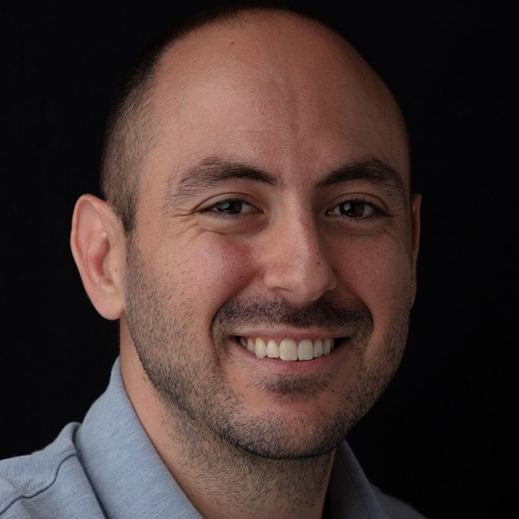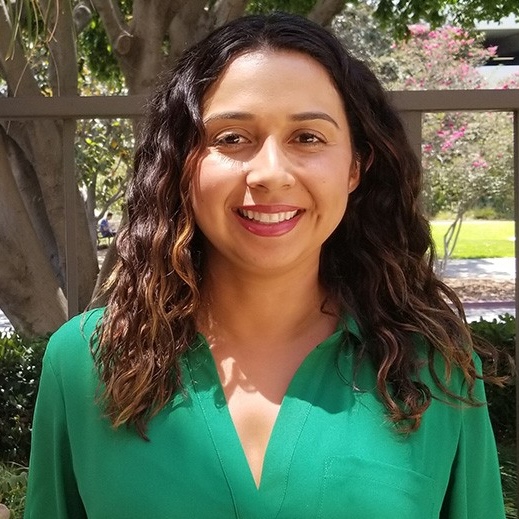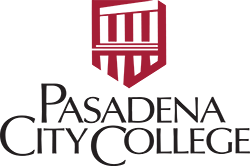For Community Partners
VOICES builds and maintains authentic relationships with community organizations to imagine a future that embraces collective care and prioritizes justice and inclusion. Our approach to collaboration is rooted in deep and generative listening, where community voice determines our project goals, priorities, and timeline. We recognize the right of communities to define the challenges and opportunities they face, set the priorities that will allow them to thrive, and define success on their own terms.
Our partnerships primarily focus on community-based learning, a form of experiential education where faculty and community partners co-design a project to be implemented in a PCC class, with the goal of addressing a community-identified need. Projects can involve a wide range of activities (e.g., collecting and analyzing data, developing educational materials, interviewing community members, etc.) and we are always open to new ideas! Check out the Home page for examples of some recent projects.
Partnering in community-based learning connects you with talented groups of students eager to contribute fresh ideas and energy to local projects. These projects can address pressing community needs by bringing in diverse perspectives and additional resources that might otherwise be unavailable. By working with students and faculty, community partners can tap into valuable skills and expertise, while also fostering relationships that can lead to long-term partnerships.




How Can You Participate?
VOICES is here to connect you with people on campus who might be interested in partnering and have relevant interests and expertise. Want to learn more? Fill out our Community Partner Interest Form.
Community Partner Interest Form
Frequently Asked Questions
Community-based learning (CBL) is a form of experiential education that connects classroom-based work with meaningful community involvement through projects that are co-designed by faculty and community organizations. Community organizations and students mutually benefit from the CBL experience by meeting course learning objectives and addressing community-identified needs.
Your faculty collaborator will consult with you to develop a project for their course, but they will be in charge of designing the associated curriculum and implementing the project in their class. The goal of the project is to have students apply what they are learning in the course in a way that would also advance your organization’s mission and work. The experience requires regular consultation between the faculty and the community partner during the design phase of the project to ensure that the project meets the needs of your organization and that there are clear expectations in terms of what students can deliver.
The main time commitment for your organization is to participate in planning meetings with the instructor to co-design the project through developing a project outline, setting specific goals, producing a timeline, and determining project deliverables. Depending on your availability, you may also wish to meet with the class to introduce students to the project at the beginning, to review progress midway through the project, and/or to discuss the results of their project and reflect on the outcomes at the end. We know that you are very busy, so our goal is to limit the work on your end.
For community organizations that are able to directly engage with students and participate in project evaluation activities, we are often able to provide an honorarium of $250. We view this as a small step toward equitable collaborations that honor your time and labor. We acknowledge that there is more we need to do to truly recognize the value that community partnerships bring to our campus and the ways that they enrich student learning. We will continue to advocate for increased recognition of our community partners; if we should consider alternatives to direct monetary compensation, please let us know what would be most valuable to your organization.
Within a class, projects vary in length, from a short project that takes place over a few weeks to a long project that spans the entire semester. Oftentimes, the desired deliverable impacts the length of the project. Many projects become long-term collaborations that last for multiple semesters.
There are many options for what the project itself looks like, depending on the needs of the partnering organization and the learning outcomes for the class. As an example, a project could involve students collecting or analyzing data, developing educational materials, conducting a needs assessment, or designing outreach activities. Check out the Home page for examples of some recent projects.
— Grace Lee Boggs
